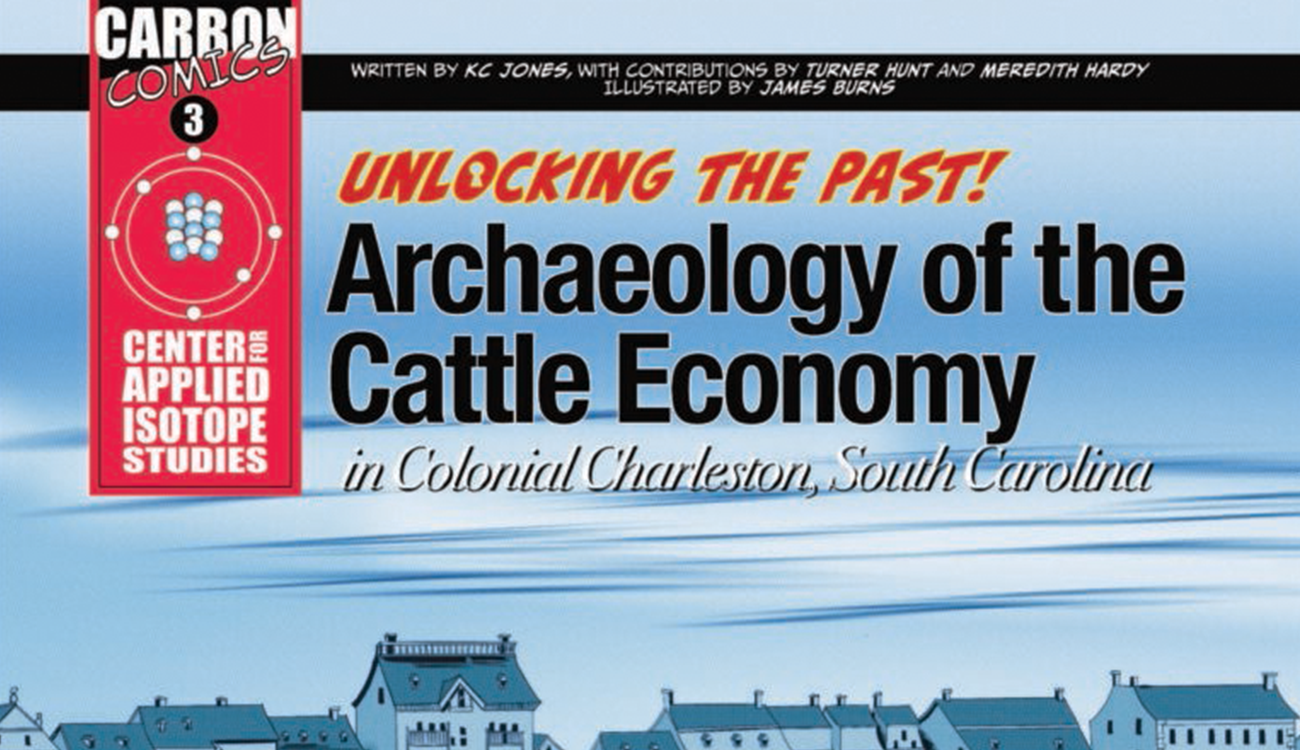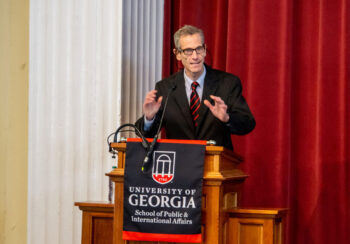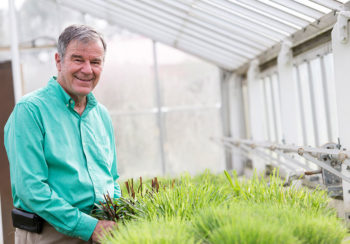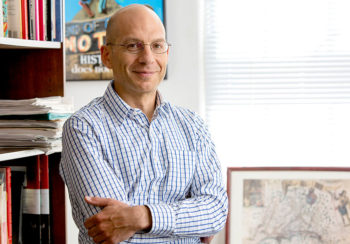The University of Georgia’s Center for Applied Isotope Studies took part in an interdisciplinary study that has been awarded the 2024 Outstanding Public Archaeology Initiative Award by the Society for American Archaeology.
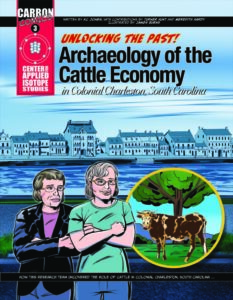
The award recognizes special projects that engage the public through exhibits, lesson plans, products, and other outreach activities. CAIS, the Charleston Museum, and the University of Maryland received the award for an interdisciplinary, multi-method project studying the role of cattle in the economy of colonial Charleston, South Carolina. Titled “Emergence and Evolution of Carolina’s Colonial Cattle Economy,” the National Science Foundation (NSF)-funded research culminated with three products to educate the public.
The first was a comic book detailing this project’s findings and the role of cattle in these colonies. The team produced the books, called “Carbon Comics,” in both English and Spanish and geared them toward middle and high school students. These comics explore the intersection of historical narratives and archaeological science to tell the story of the early cattle economy of colonial Charleston. Its included lesson plans align with South Carolina and Georgia social studies and science educational standards.
The other products arose from collaboration with the Charleston Museum. CAIS developed activity kits known as “Bragg Boxes” that could be brought into classrooms to provide museum programming for those unable to visit in person. Two different Bragg Boxes were created to include replicas, documents, images, activities, and lesson plans tied to South Carolina educational standards.
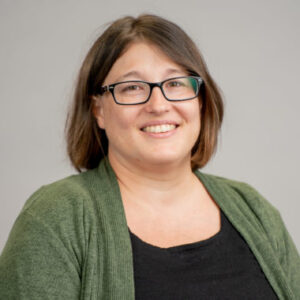
The boxes coincided with the third product: an in-depth exhibition showcasing the project’s results and interpretations. Supported by NSF funds, the exhibition incorporated the project’s findings into the Charleston Museum’s Heyward-Washington House, a Georgian-style townhome constructed in 1772. Graphics, artifacts, and archaeological data enable visitors to understand the evolution of the property through updated exhibit panels, faux foodstuffs in the restored kitchen building, and exhibits in the main house highlighting the results of the CAIS research.
“We wanted to create something that would be as accessible as possible for everyone to understand this subject,” CAIS Director Carla Hadden said. “We’re very proud of what we were able to accomplish, and we’re so honored to have this recognition.”
Hadden and the rest of the research team will be recognized at the Society for American Archaeology annual meeting and awards banquet, to be held April 17-21 in New Orleans.



